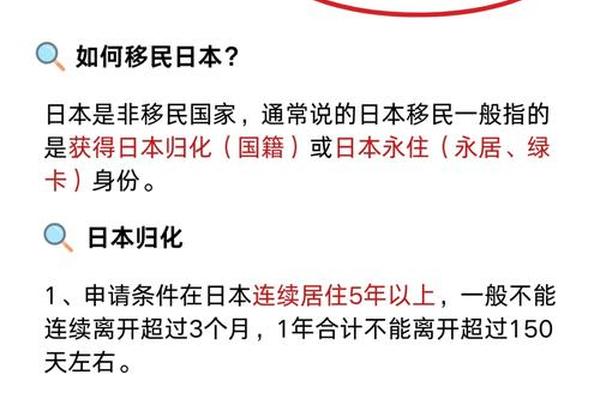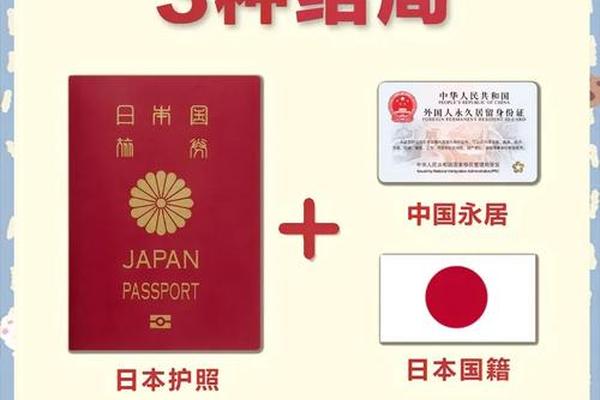Here are the primary methods to immigrate to Japan, summarized in English with key details and conditions:
1. Student Visa (留学ビザ)
Overview: For individuals under 35 to study in Japan (language schools, universities, etc.). After graduation, they can transition to work visas or the Highly Skilled Professional Visa .
Requirements:
Enroll in a Japanese educational institution.
Part-time work allowed (up to 28 hours/week).
Post-graduation: Secure employment or switch to other visas (e.g., work or business visas).
Advantages: A pathway to long-term residency, especially if combined with local qualifications for Highly Skilled Professional Visa .
2. Work Visa (就労ビザ)
Types:
Technical/Humanities/International Services Visa: For professionals in IT, engineering, translation, etc. Requires a bachelor’s degree or equivalent skills (e.g., chefs with expertise) .
Intra-Company Transferee Visa: For employees transferred to a Japanese branch.
Specified Skilled Worker (SSW) Visa: For labor-shortage sectors (agriculture, nursing, construction).
SSW 1: Valid for 5 years (no family sponsorship).
SSW 2: Unlimited renewal, allows family sponsorship after passing exams .
Requirements: Job offer from a Japanese employer, relevant qualifications, and language proficiency (varies by role).
3. Business Manager Visa (経営・管理ビザ)

Overview: For entrepreneurs or investors establishing a company in Japan.
Requirements:
Minimum ¥5 million capital.
Detailed business plan and office space.
2025 Policy Update: "Startup Visa" allows 2-year residency without initial capital or office (for approved business plans) .
Advantages: Fast track to permanent residency after 5–10 years of stable operations .
4. Highly Skilled Professional (HSP) Visa (高度人材ビザ)
Overview: Points-based system favoring high earners, academics, or professionals.
Requirements:
Minimum 70 points based on education, salary, work experience, age, and Japanese proficiency (e.g., N1/N2 certification adds 10–15 points) .
Fast-track PR: 70+ points → PR in 3 years; 80+ points → PR in 1 year .
Categories:
Advanced academic research.
Specialized technical fields.
Business management .
5. Family-Related Visas
Spouse Visa: For spouses of Japanese citizens or permanent residents. No work restrictions .
Dependent Visa: For family members of work/student visa holders. Limited to part-time work (28 hours/week) .
6. Future Creation Talent Visa
Eligibility: Graduates from top 100 global universities (within 5 years of graduation).
Benefits: 2-year residency to work or prepare startups; family sponsorship allowed .
Key Considerations:

Language: Japanese proficiency (N2/N1) significantly enhances eligibility for work and HSP visas .
Permanent Residency (PR): Generally requires 10+ years of residency, tax compliance, and clean records. Exceptions apply for HSP holders .
Dual Citizenship: Not permitted; PR allows retaining original nationality, while naturalization requires renunciation .
For detailed application procedures or policy updates, refer to official sources like the Japanese Immigration Bureau or consult licensed immigration advisors.





